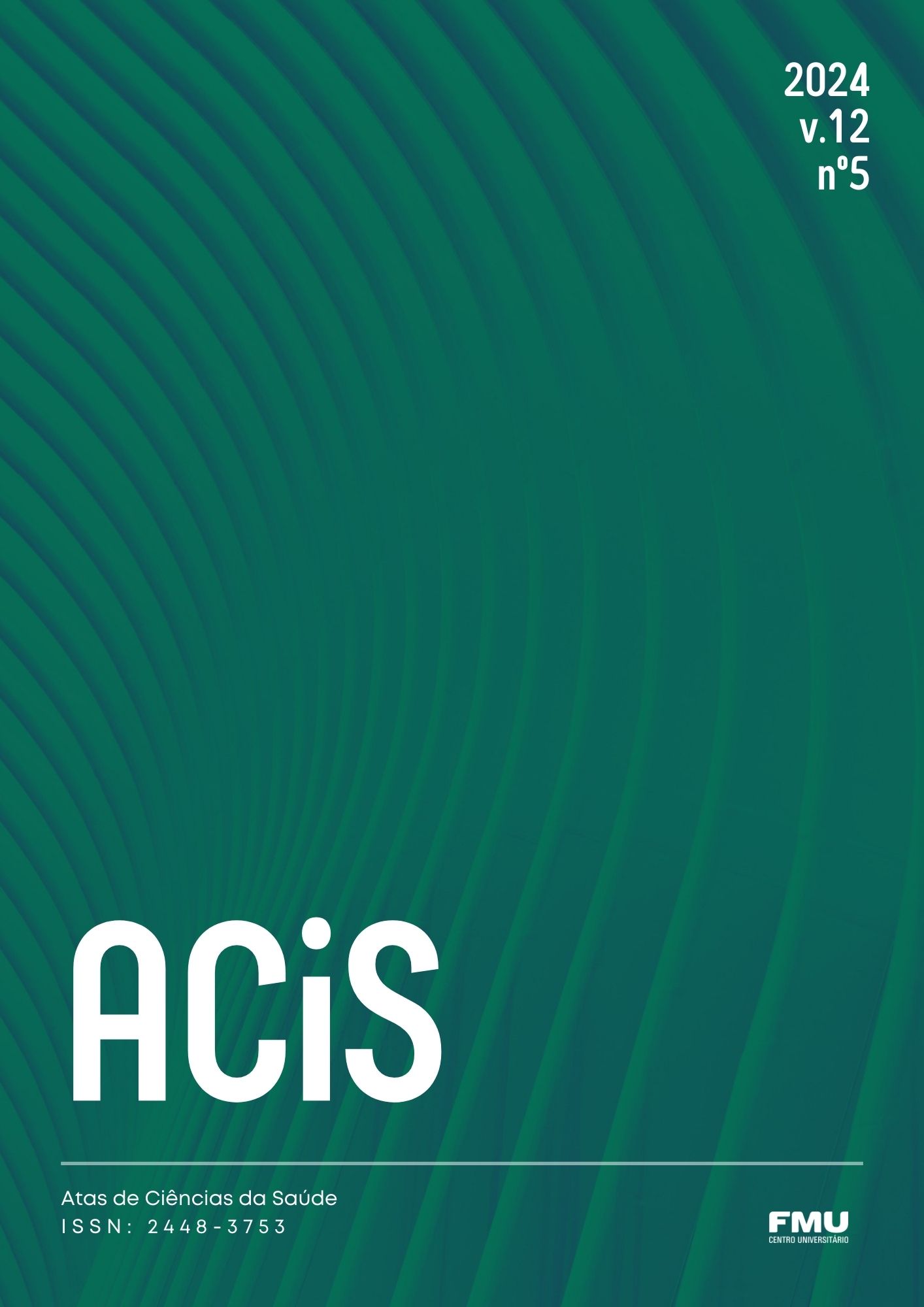Genetic Sequencing in the Diagnosis of Autism Spectrum Disorder (ASD)
Abstract
Autism, or autism spectrum disorder (ASD) is a disorder that has a prevalence of 1 in 36 individuals, manifesting mainly in childhood, persisting throughout life and can generate other clinical conditions. Its main characteristics are difficulties in social interaction and communication, as well as repetitive and stereotyped behaviors. As it presents a heterogeneous etiology, genetic factors play an important role. This bibliographic review aimed to relate the genetic factors of autistic patients with the diagnosis through genetic sequencing, presenting some genes related to ASD and some chromosomal anomalies. The use and improvement of genetic tests and biotechnology are great allies, as these tools help in therapeutic design, as each individual can present specific changes and different phenotypes. Individualized treatments based on precision medicine will be the future for patients with ASD.
Descriptors: autism, ASD, heterogeneous etiology, genetic factors, genetic sequencing
Published
Issue
Section
License
Copyright (c) 2024 Juliana Cin Fung Jang Bertachini, Renata Ruoco Loureiro

This work is licensed under a Creative Commons Attribution-NonCommercial 4.0 International License.
Autores que publicam nesta revista concordam com os seguintes termos:
- Autores mantém os direitos autorais e concedem à revista o direito de primeira publicação, com o trabalho simultaneamente licenciado sob a Licença Creative Commons Attribution que permite o compartilhamento do trabalho com reconhecimento da autoria e publicação inicial nesta revista.
- Autores têm autorização para assumir contratos adicionais separadamente, para distribuição não-exclusiva da versão do trabalho publicada nesta revista (ex.: publicar em repositório institucional ou como capítulo de livro), com reconhecimento de autoria e publicação inicial nesta revista.
- Autores têm permissão e são estimulados a publicar e distribuir seu trabalho online (ex.: em repositórios institucionais ou na sua página pessoal) a qualquer ponto antes ou durante o processo editorial, já que isso pode gerar alterações produtivas, bem como aumentar o impacto e a citação do trabalho publicado (Veja O Efeito do Acesso Livre).





